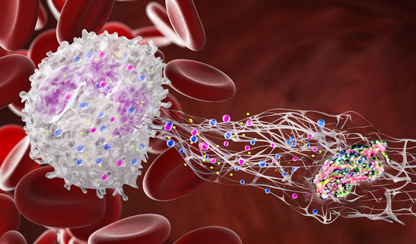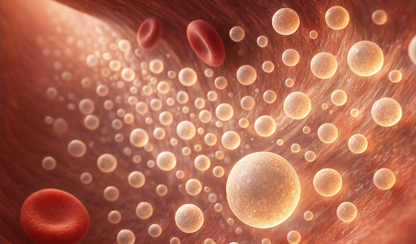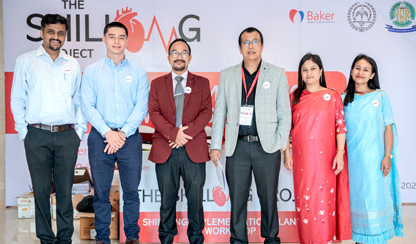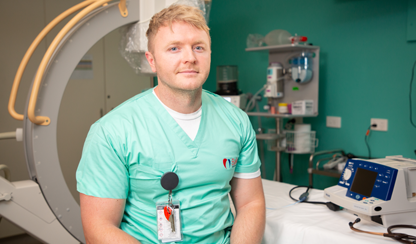15 December 2022
Media release

We are delighted to announce that five of our researchers have received prestigious NHMRC Ideas Grants totalling nearly $6 million allowing them to undertake innovative research projects to address critical public health issues including cardiovascular diseases (CVDs) and obesity.
Congratulations to Professor Vaughan Macefield, Associate Professors Alex Pinto and Anna Calkin and Doctors Jonathan Noonan and Yi Wang on securing these prestigious grants.
A/Prof. Alex Pinto will receive nearly $1.5 million for a four-year project to target novel cellular protagonists of cardiac fibrosis. Abnormal thickening and scarring of heart tissue, known as cardiac fibrosis, is linked with reduced cardiac function, and is associated with progression to heart failure and poor prognosis. A/Prof. Pinto’s group has recently discovered two heart cell types that emerge after cardiac stress to drive fibrosis. This funding will enable them to determine what genes support the development of these cells and whether targeting these cells prevent the development of fibrosis after cardiac stress.
A/Prof. Anna Calkin secured more than $1.4 million for her work to better understand why men and women differ in their risk and development of cardiovascular disease and their response to the protective effects of exercise. Her four-year grant will allow her to generate a cutting-edge research tool that characterises the changes in the heart at rest and in response to exercise in males and females. Using this tool, she will identify novel targets that they will test for their ability to treat cardiovascular disease in a personalised manner.
More than $1.2 million will go to Professor Vaughan Macefield for a five-year project based around microelectrode recordings of the vagus nerve in awake humans. The vagus nerve is an important nerve that controls the heart, lungs and gut. It exits the brain and travels with the carotid artery and internal jugular vein in the neck. As such, it has defied direct investigation in humans. However, Prof. Macefield’s group has developed a means of inserting metal microelectrodes into this nerve under ultrasound guidance and recording signals going to and from the brain. This project promises to provide much-needed information on how the vagus nerve controls diverse organ systems in health and cardiovascular disease.
Dr Jonathan Noonan will receive $982,020 to study how the immune system causes chronic inflammation in heart disease. More specifically, Dr Noonan’s project will explore how T cells, a common and powerful white blood cell, might be a key driver of heart attacks and strokes. Supported by collaborators at The Alfred hospital, University of Melbourne, and University of Glasgow, this team effort ultimately aims to underpin new ways to diagnose and treat cardiovascular inflammation.
While Dr Yi Wang will receive nearly $650,000 to advance understanding of the gene GPR75, which was recently identified to play an important role in body weight regulation and has been shown to be involved in the regulation of blood pressure. She will determine the specific site of action, and underlying mechanism of GPR75-induced protection against obesity, and high blood pressure. This project aims to pave the way for a novel treatment approach for individuals who have obesity and related conditions.
Baker Institute Director, Professor Tom Marwick said the Institute was delighted to receive five Ideas Grants which allow exploration of novel ideas to advance the prevention, diagnosis and treatment of critical public health issues such as cardiovascular diseases.
Despite major advances in the treatment of cardiovascular diseases during the past five decades, they are the leading cause of death globally. In 2019, cardiovascular diseases claimed an estimated 17.9 million lives, representing 32 per cent of all global deaths. Professor Marwick said we desperately needed new ways to tackle CVDs, which is why these ideas grants are critical in driving new approaches.
For further information or to organise interviews please contact:
Tracey Ellis
T: 03 8532 1514
M: 0433 781 972
E: tracey.ellis@baker.edu.au





